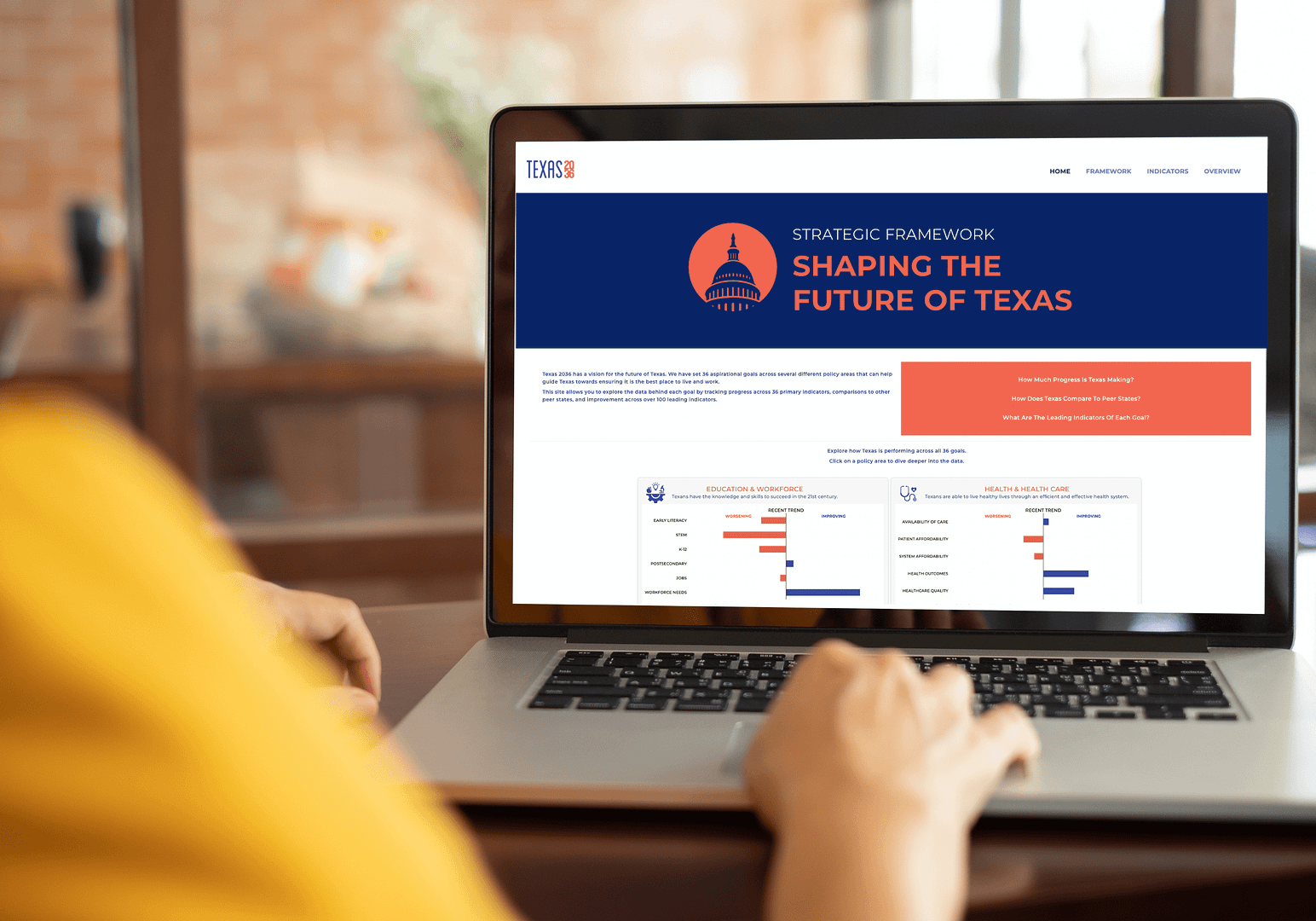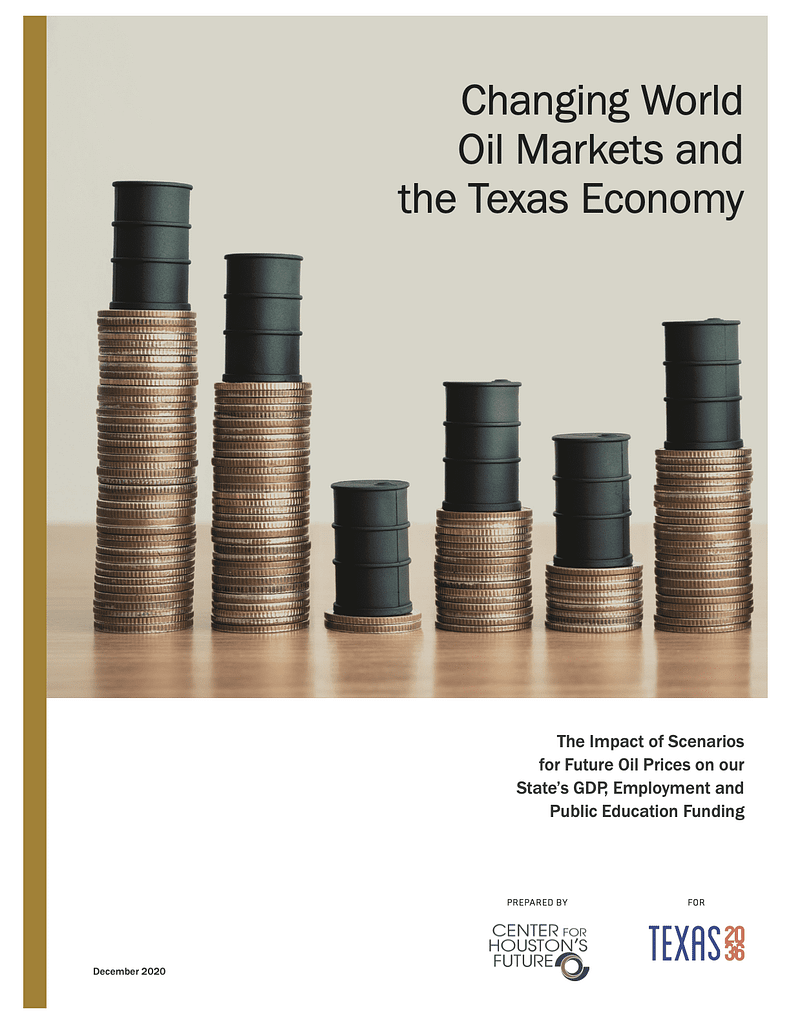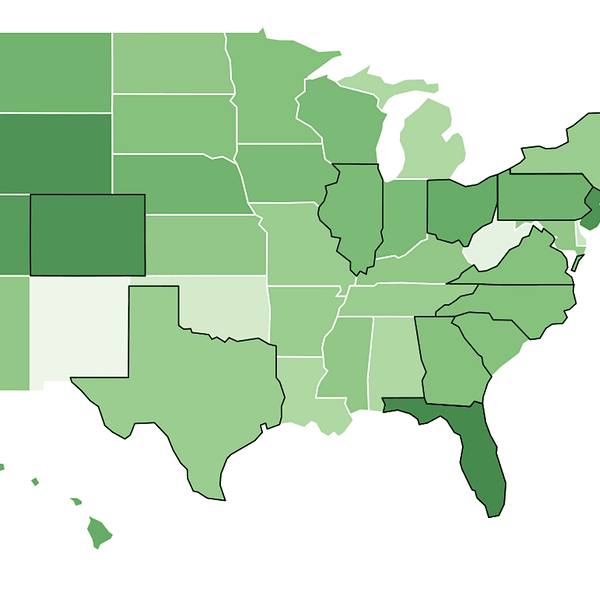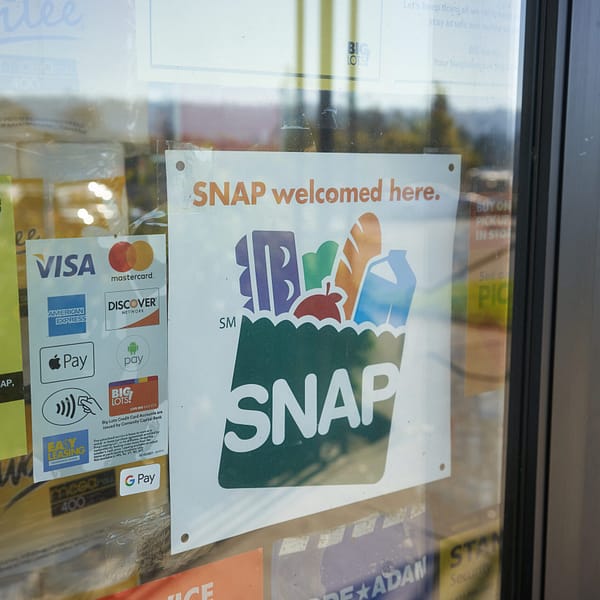Leveraging Data to Shape Our Future

Accurate data is critical to understanding and addressing the challenges facing Texans now and in the future. Texas 2036 is committed to building the strongest future for Texas through research grounded in clear, valuable, disaggregated data – bringing to view disparities that could otherwise be hidden by aggregation.
Data Team



Data as Big as Texas
Explore these interactive resources to gain data-driven insights about Texas across important policy areas including justice, health and employment.
Learn what’s top of mind for Texas voters.
A thorough analysis of the top issues in Texas.
Do you love data as much as we do? Support our work for more findings on the Lone Star State.
Explore the Data
Understanding Texas
Understanding Texas: The State of Parenting
Texas 2036 takes a look at how Texas parents are faring, including where opportunities exist for the state to do better. (Last updated May 2024)
Understanding Texas: Population Growth
Based on current trends, Texas is expected to gain anywhere between 3-5 million people by 2036. By 2060, Texas will be home to anywhere between 36 and 44 million people. (Last updated Sept. 2023)
Understanding Texas Women: Inside Their Life Stage Experiences
Texas women are not monolithic and reflect the diversity of our state. We built this dashboard to show girls and women throughout critical phases of their life span to understand their hardships and achievements. (Last updated April 2023)
Education and Workforce
The Pathways to Rural Careers in Texas
Texas 2036 lays out a series of policy solutions to set more rural high school students on the path to success. (January 2025)
Aim Hire Texas Regional Workforce Data
Current and future education and workforce needs are displayed across Texas Workforce Development Areas. Employing education-to-workforce pipeline data, it’s a unique analysis not previously available. (Last updated Fall 2021)
Texas Advanced Coursetaking Dashboard
Texas Education Agency data are visualized to reveal disparities in advanced course offerings for select student groups across school, senate and house districts as well as Educational Service Center regions. (Last updated April 2024)
Community College Finance Simulator
The impact of changes to the state financial formula for community colleges is presented, showing the effects for both individual community college districts and the state budget.
Privately Issued Credentials Initiative
Data about credentials offered by Texas-based private entities and employers is displayed to improve public access and transparency, performed in collaboration with national nonprofit Credential Engine. Such valuable information supplements the state repository of credentials from public state institutions and education/training programs.
Future-Proofing Texas School Funding
Visual representations of funding mechanisms for Texas’ education system are presented. The volatility of global and local oil production on funding school finance is discussed and funding options are presented.
Postsecondary Outcomes Exploration Tool (POET)
This interactive data platform is designed to provide key insights to students, parents, teachers, counselors, researchers and policymakers about the factors that shape whether a student attends college and, if they choose not to attend college, whether they earn a living wage.
Workforce Composition, Trends and Alignment Report
Maintaining a robust Texas economy and mitigating the talent shortage forecast for the next decade requires addressing several long-term challenges to the Texas workforce. This report dives into the data from labor force trends to industries of opportunity.
The State of Readiness: Are Texas Students Prepared for Life After High School?
The George W. Bush Institute and Texas 2036’s report details how Texas students do not have the knowledge and skills to succeed as they move on to the next grade level, much less in the workforce.
Health
Who are the Uninsured in Texas?
Texas 2036 conducted a multi-year study to identify systemic, behavioral and psychological obstacles to Texans having access to Texans gaining affordable coverage. (Last updated January 2024)
Health Price Transparency Dashboard
This tool evaluates compliance across the state, including filters by region and senate district, of all 644 Texas hospitals subject to state and federal price transparency rules. Explore visualizations of actual prices for certain health care services and procedures by hospital, payer and region with periodic expansion of datasets. (Last updated Fall 2022)
Health Coverage Policy Explorer
This tool allows all Texans – both policymakers and the public – to explore policy alternatives and combine policies to maximize both the number of covered Texans and federal funding streams, including options to expand Medicaid statewide or for certain populations, such as post-partem mothers, and make important changes to address access and affordability of coverage on the Affordable Care Act Exchange, such adopt fixed-rate review or create a state-based exchange. (Last updated Spring 2021)
Infrastructure & Natural Resources
Future Trends of Extreme Weather in Texas
Produced by the Texas State Climatologist at Texas A&M University, Dr. John Nielsen-Gammon, in collaboration with Texas 2036, this updated study details significant increases in 100-degree days, intensifying droughts and heightened urban flooding events. (April 2024)
Making a Texas-Sized Impact in Space
As the official data partner of the Texas Lyceum, Texas 2036 gathered data on the important role that Texas plays in advancing the space sector for the nation — and we attempt to answer this big question: How does Texas compare to other states in this newest race to open the final frontier? (April 2024)
Texas 2036 has launched a new interactive tool offering unprecedented insights into the future of Texas’ energy landscape. (March 2024)
Investing in Texas: State Parks
Research indicates that every $1 in public money spent on parks can generate between $4 and $12 in economic return. State park investment can generate meaningful and measurable economic benefits at the state level as well as for local and rural economies. (July 2022)
Texas’ potential negative economic impacts are presented, based on the State Water Plan’s projection of insufficient additional water supplies to meet increasing demand over the next 50 years. (June 2022)
The Center for Public Finance at Rice University’s Baker Institute of Public Policy examines the benefits – and challenges – that come with expanding broadband to connect the millions of Texans currently unable to access this critical resource. (May 2022)
Investing in Texas: Energy Expansion
Using carbon capture, geothermal energy and hydrogen as examples, this details how Texas can continue its energy leadership in the 21st century, as growing demand for clean, zero-carbon energy fuels a worldwide energy expansion. (April 2022)
Changing World Oil Markets and the Texas Economy
A partnership with the Center for Houston’s Future, this examines how losses in the oil and gas industry would affect the Texas economy, specifically K-12 education funding. Included are oil price scenarios, forecasts of oil and gas production over the next 15 years, and estimates on the Texas budget, economy, and school funding. (March 2021)
Justice and Safety
Opening Doors: The State of Higher Education in Texas Prisons
The report shows a 50% decline in higher education enrollment among incarcerated Texans since 2011. It also discusses how expanding educational opportunities could reduce recidivism and improve economic outcomes.. (November 2024)
Texas Law Enforcement Data Landscape
Benchmark Analytics partnered on this report on the Texas Commission on Law Enforcement (TCOLE) and their effectiveness at regulating law enforcement. Current processes of hiring and firing peace officers are also examined including analyses to estimate if officers with misconduct move between law enforcement agencies. (November 2022)
Modernizing Texas’ Child Welfare IT System
Jointly published by Texas 2036 and the Texas Alliance of Child and Family Services, the report dives in on the Texas Department of Family and Protective Services’ outdated IMPACT data system that further impedes caseworkers’ ability to review important electronic case file information. (January 2023)
Government Performance
Investing in Texas: Cybersecurity and IT Modernization
Given recent sizable state and federal appropriations for technology upgrades, the report delves into both challenges and opportunities for the state government. Included are optimal cybersecurity financing, identifying unique risks, allocating limited resources despite competing priorities and coordinating efforts with stakeholders. (June 2022)
AI is rapidly transforming various aspects of our lives, from revolutionizing workplaces and sparking creativity to accelerating breakthroughs in health care. We explore how Texas is working to reap AI’s many benefits while responsibly managing the technology’s risks. (May 2024)
Data Blogs
Texas Data Delivered
Stay ahead of the pundits.
Enter your email address below to get the latest nonpartisan data and analysis about the issues shaping the future of Texas delivered directly to you.






































